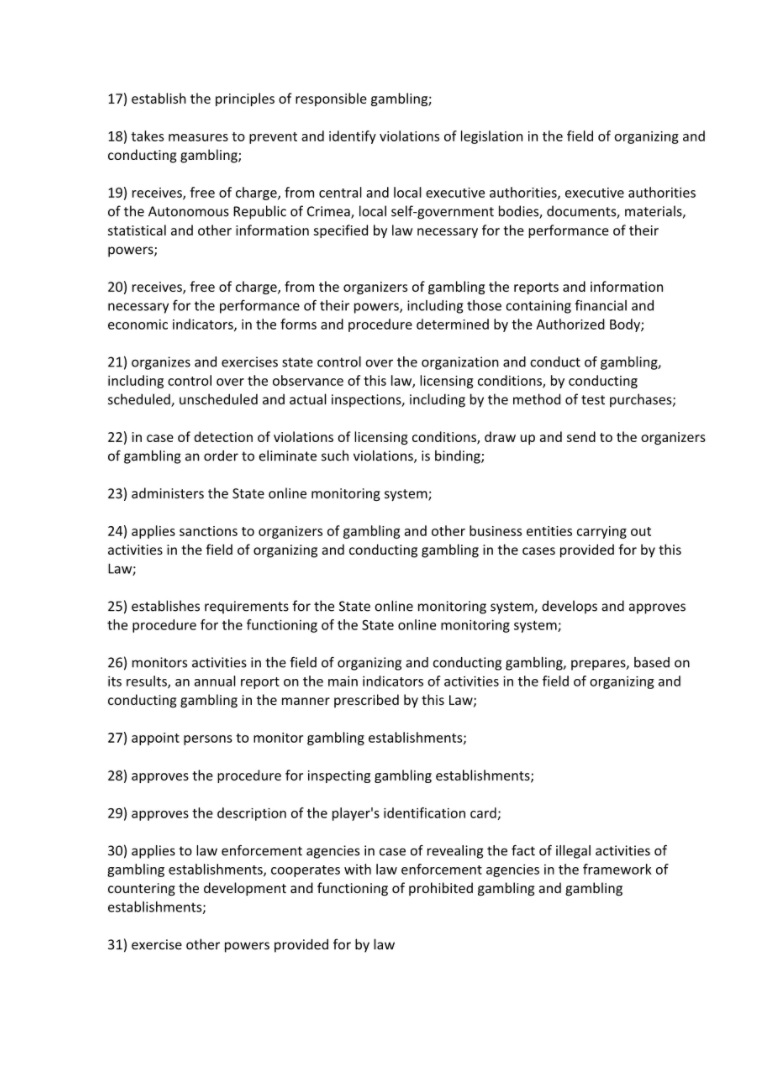Gambling And Lotteries


Gaming And Lotteries Act Ireland

Lotteries, Casinos, Slot Machines Gambling or 'gaming' for stakes is becoming increasingly popular. A person can bet by lottery, casino, poker, slot machines, raffles, office pools, sports wagers, or online betting. But is gambling moral or immoral according to the Bible? Feb 21, 2017 To win support, casino boosters often emphasized that a percentage of these benefits from lotteries and casinos would be funneled directly into public education. Feb 05, 2021 “Native Hawaiian, immigrant and impoverished women, LGBTQ people and children living in geographic proximity to the resort-casino are likely to experience the most gambling harm, such as problem gambling, domestic violence, child abuse, sexual assault and sex trafficking,” Jabola-Carolus wrote in the nine-page paper. Gambling – a game or mutual bet according to established rules whose participants, seeking monetary gain, voluntarily risk losing an amount they have paid in, and where winning or losing is determined by chance, by some event, or by the result of a sport competition. In a lottery, players compete against other players.

Gambling And Lotteries In Massachusetts
Legal definitions Lottery – a game with established rules where players buy tickets for a chance to win cash or other merchandise prizes. Gambling – a game or mutual bet according to established rules whose participants, seeking monetary gain, voluntarily risk losing an amount they have paid in, and where winning or losing is determined by chance, by some event, or by the result of a sport competition. | |
What they have in common
| How they differ In a lottery, players compete against other players. A lottery’s prize fund is set in advance and the lottery operator does not participate in the game. In gambling, players compete individually against the gambling operator. It is in the gambling operator’s interest to win against the players. |
Levels of thrill depend on a combination of these key factors: 1. The price to participate in a game and the size of the prize. The smaller the cost of playing a game and the bigger the prize (the amount that can be won), the more participants are drawn in (and vice versa). | |
Principals for the taxation of lottery and gambling operators | |
Lottery operators What is taxed is sales revenue: | Gambling operators There are two bases of taxation: |
Example A lottery operator sells EUR 1000 worth of lottery tickets. 13% of that revenue, i.e. EUR 130, will go to good causes: EUR 50 will be paid into the state budget as a lottery tax and another EUR 80 will go to charity or sponsorships. | |
Gambling And Lotteries Act
| Lotteries | Remote gambling | Gambling | |
Sales revenue, EUR | EUR 100 | EUR 100 | EUR 100 |
Winnings, EUR | EUR 50 | EUR 90 | EUR 90 |
Total taxes, EUR | EUR 13 | EUR 1 | EUR 1.5 |